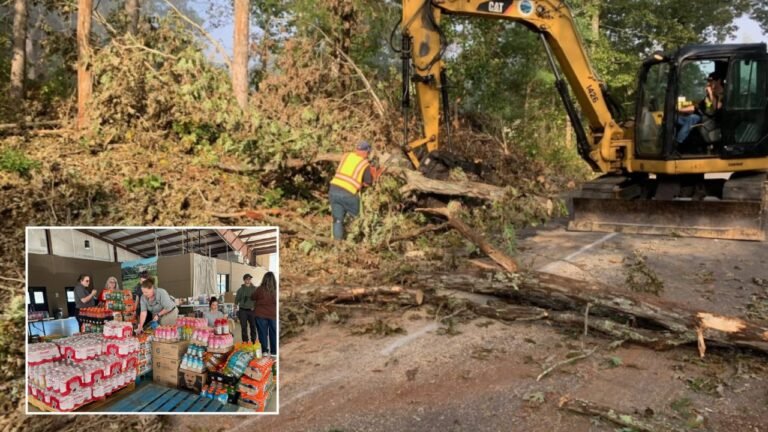Gainesville, Milledgeville, and Warner Robins Identified as Georgia’s Top Economic Signal Cities
GEORGIA — A new survey of more than 3,000 business leaders has revealed that Gainesville, Milledgeville, and Warner Robins are the top three Georgia towns most attuned to economic change. Often referred to as “signal cities,” these communities are now being viewed as key indicators of where the broader state economy may be heading next.
The findings, published by MarketBeat, compare these towns to political swing states — localities whose economic tremors can ripple across the entire region, influencing decisions from hiring to investment.
#1 Gainesville: Poultry, Labor, and Working-Class Indicators
Known as the poultry capital of Georgia, Gainesville leads the list due to its influence over food production, immigrant labor trends, and frontline wage shifts. If poultry plant hiring slows or supply chains tighten, business leaders say the economic impact shows up quickly — not just locally, but across multiple sectors in the state.
Gainesville is also seen as a frontline barometer for cost-of-living changes, especially among working-class and immigrant families.
#2 Milledgeville: Central Georgia’s Healthcare and Education Pulse
Milledgeville, a regional hub for healthcare and education, often reflects broader trends affecting Georgia’s mid-sized cities. Shifts in student enrollment or health sector employment tend to signal coming changes in similar towns across the state.
Its diversified inland economy provides a stable lens on consumer demand, workforce development, and state-funded program volatility.
#3 Warner Robins: Defense-Driven Outlook
With Robins Air Force Base anchoring its economy, Warner Robins is directly influenced by federal defense budgets and military construction. Any pause in military spending or contract activity often hits this area first, alerting observers to potential statewide impacts in public-sector employment and logistics.
Analysts say Warner Robins offers a window into federal policy’s local consequences in Georgia’s central corridor.
What Georgia Residents Are Watching
The survey also explored how everyday Georgians recognize economic changes. According to results:
-
61% of residents trust local leaders and business owners to spot downturns before economists do
-
The top spending cuts if finances tighten:
-
40% would reduce entertainment and dining out
-
27% would delay major purchases like cars or appliances
-
22% would skip travel or vacations
-
The clearest red flags cited by respondents:
-
46% noticed layoffs from major local employers
-
30% observed local businesses reducing hours or closing entirely
-
Only 9% watched housing trends, and just 8% paid attention to community events or public services
How People Sense Trouble First
When asked how they personally detect economic slowdown:
-
34% noticed frequent storefront turnover or closures
-
32% saw job postings decline
-
20% mentioned fewer shoppers in stores or restaurants
-
16% cited falling home prices
Meanwhile, just 7% of residents consider real estate trends a reliable signal — a stark contrast to how many economists traditionally track local economies.
Do you live in one of Georgia’s signal cities? What signs do you watch when the economy starts shifting? Share your insight in the comments at SaludaStandard-Sentinel.com — and let your community know what’s really happening on the ground.







